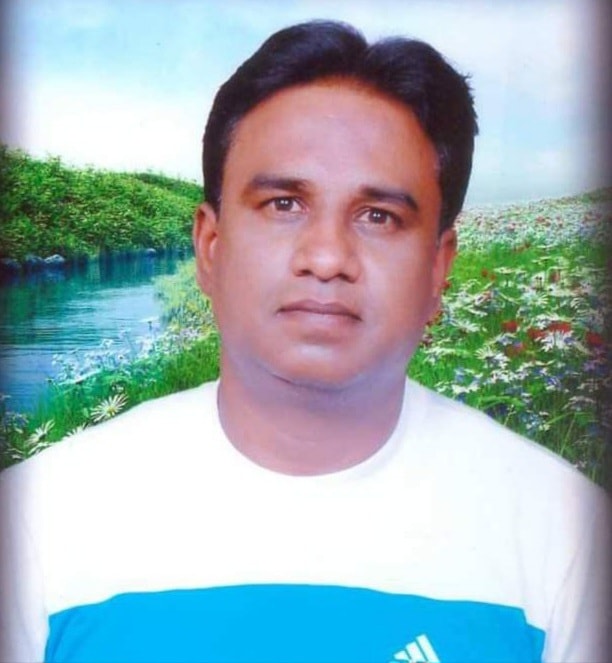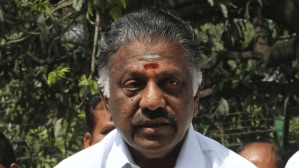Maharashtra: Retired Bombay High Court judge calls Shakti Act ‘draconian’, objects to death sentence for rape
Justice B G Kolse-Patil said that he would be writing to the government suggesting certain amendments to make the law more effective.
 Describing Maharashtra Shakti Act as a draconian law, the retired judge expressed fears that it would be misused.
Describing Maharashtra Shakti Act as a draconian law, the retired judge expressed fears that it would be misused.Retired Bombay High Court judge Justice BG Kolse-Patil has strongly opposed Mahrashtra’s Shakti Act that entails a death sentence for rape. The retired judge has demanded that instead of a death sentence, a life sentence would be an appropriate punishment, or else “fake rape cases” would become the “order of the day”.
On Thursday, the Maharashtra Assembly unanimously passed the Shakti Criminal Laws (Maharashtra Amendment) Bill, 2020, on crimes against women and children. On Friday, the state Legislative Council gave its nod to the bill that proposes a time limit of 30 days to complete the investigation from the day a complaint is registered.
Describing Maharashtra Shakti Act as a draconian law, the retired judge expressed fears that it would be misused. “There will be widespread misuse of the law, especially by politicians to target their rivals. Innocents are likely to be punished which will be a travesty of justice,” said Justice Kolse-Patil, adding that he would be writing to the government suggesting certain amendments to make the law more effective.
“The law is draconian like the UAPA and the sedition law. There is scope for amendments and the government should carry out the necessary amendments to ensure that genuine rape cases do not go unpunished and fake rape cases do not become the order of the day to settle personal or political scores,” he said.
The retired judge said the possibility of many fake cases cannot be discounted. “Already, these days several fake rape cases are being registered; cases where the couple had consensual sex and later a discord leading to the registration of rape cases. Are you going to send a man who had consensual sex (with a woman) to death? Are you going to send a man who was in a live-in relationship which later soured to death? This is going to cause social disharmony and disturb social peace,” he said.
The retired judge said these days youngsters fall in love and develop physical intimacy with their partners. “Many times their relationship does not last long. In some cases, they don’t part easily. When a quarrel happens, the girl goes on to file a rape case. In cases where the relationship has soured over discords or disagreements and there was no use of force, how can such cases be termed as rape? We need to bring in amendments where forceful violation of a woman’s modesty should become a rape case and not a consensual relation which has later gone sour,” he said.
He said the Supreme Court itself has said in the past that it had erred in more than 10 cases by giving death sentences. “When the highest court of the land has erred by punishing the innocent, then there is a need to rethink about awarding death sentences. In most cases, our investigating agencies have been found to be doing a dishonest job,” he added.
“When world over death sentences are being done away with, India is walking on the wrong path while tom-tomming about being the most civilised country.”
The retired judge said it was good to note that the government was open to amendments. “This was made clear by state Home Minister Dilip Walse-Patil last week itself when he said the Act was not foolproof and that there was scope for carrying out improvements. This means the government is ready to amend the Act in future. It should do so. The death sentence should be converted into a life sentence.”
Some sections in the Act, modelled on Andhra Pradesh’s Disha Act, are not practical, he said.
Though the Act stipulates a sentence of three years or a fine of Rs 1 lakh for filing false rape cases, he said the government has not specified what constitutes fake cases.













